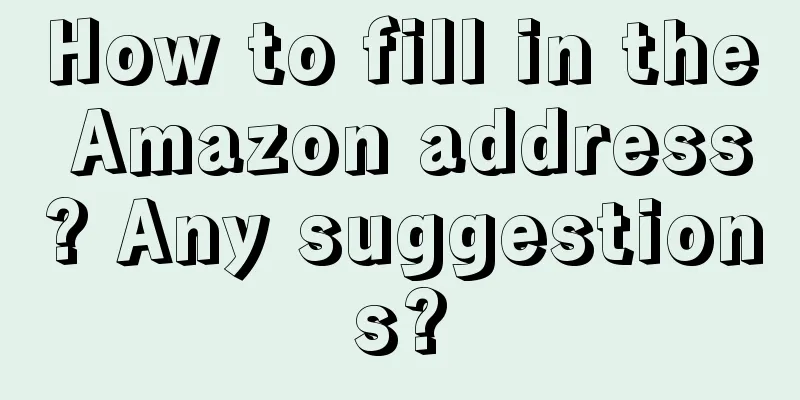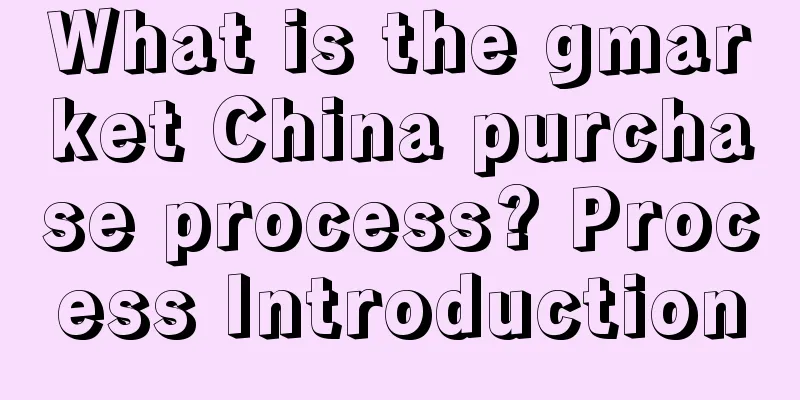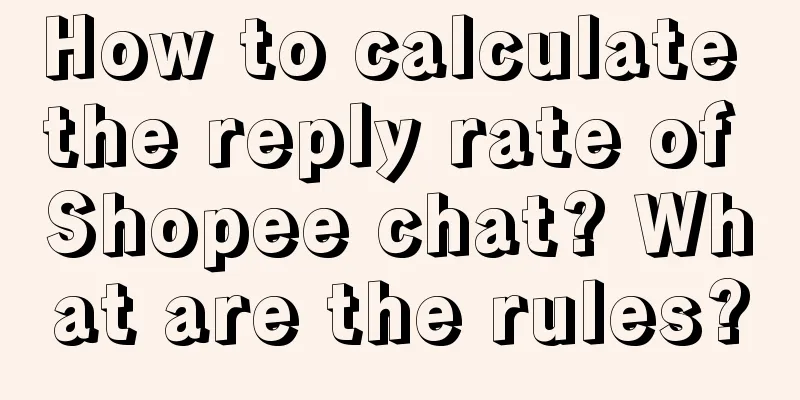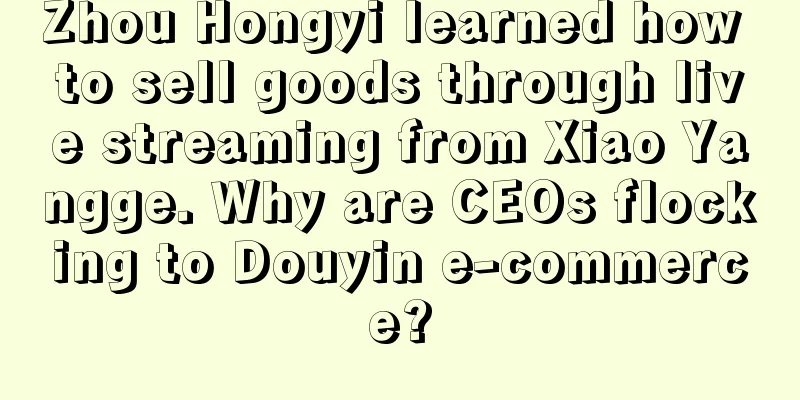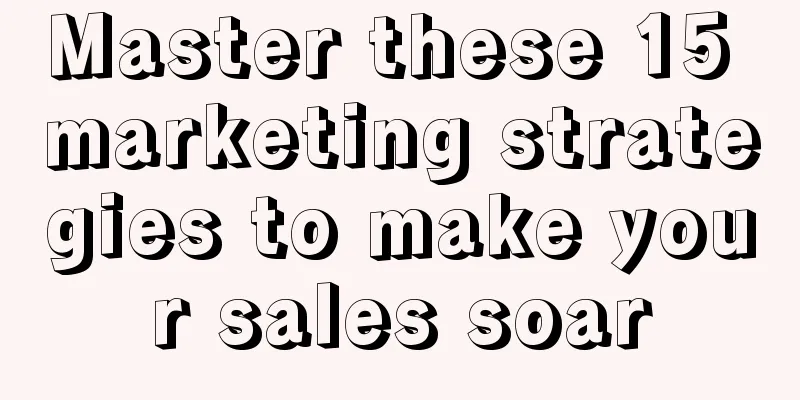Video accounts severely crack down on false advertising by merchants and influencers
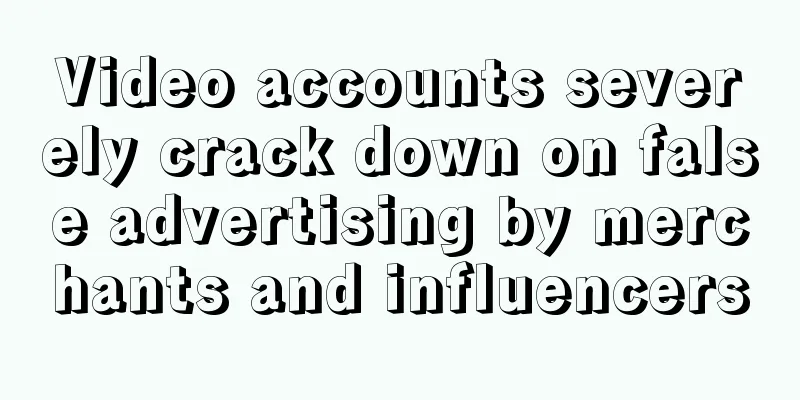
Some of the previous promotional methods are going to be cracked down! Recently, WeChat released the "Announcement on Governing False Advertising Behaviors by Merchants and Experts", targeting the false advertising behaviors of some video account showcase merchants and video account showcase experts. The announcement stated that the platform will crack down on businesses and influencers involved in false advertising, and will take measures such as freezing funds, clearing stores, banning broadcasts, and permanent closures depending on the severity of the circumstances. There are precedents for the management of such businesses and influencers, which serves as a warning to the majority of businesses and influencers. Screenshot from WeChat Live Trading Rules Center 1. Which type of publicity involves false advertising?The platform defines as "false advertising" violations the behavior of video account showcase merchants/influencers explicitly or implicitly providing false information that does not match the actual content, deceiving or misleading video account showcase users, and causing video account showcase users to misunderstand the products or services. Types of violations include but are not limited to product information that does not match actual conditions, fictitious or exaggerated product efficacy, fictitious price promotion, etc. The announcement provides several specific examples and illustrates the correct approach. 1. The information on product style, specifications, materials, etc. displayed in the advertisement is seriously inconsistent with the actual situation.For example, flowers and plants appear lush and leafy in the live broadcast room, but the real thing is scattered and withered. Note: The following case pictures are from this announcement For example, for remote-controlled video games, the size and style displayed in the live broadcast room and detail page do not match the actual product. For example, the thickness and material displayed in the live broadcast room and detail page of kitchen knives and chopping boards are different from the actual goods. For products of this type that involve "what you see is not what you get", the official recommendation is that the promoted products must be realistically displayed in the promotional content and be consistent with the actual products (including information such as product style, specifications and materials). 2. Involving false or exaggerated publicity/display of product efficacy.For example, flowers and plants are falsely advertised as having the ability to repel mosquitoes and promote sleep, but the actual products do not have such effects. Regarding this type of behavior that involves adding unverified effects to products, the official recommendation is not to exaggerate the effects and functions of the products, not to fabricate effects that the products do not have, or to illegally promote effects that require relevant qualifications. For example, foods are not allowed to advertise health benefits, and ordinary cosmetics are not allowed to advertise specialized product benefits. 3. Fictitious original price of goods.For example, products involving flowers, plants, remote controls/video games, etc., are advertised at selling prices that are many times higher than the original price to show how much discount they are offering, but there are no real historical orders to prove that the original price actually existed. For products with inflated original prices that cannot be verified, the official recommendation is not to fabricate the original price, manufacturer's suggested retail price, tag price, and other compared prices and discounts. If the product has no historical transaction record, the original price must not be advertised. 2. Efforts to regulate non-compliant live streaming behaviors are increasingThe announcement mentioned:
It can be seen that as the scale of video account showcases gradually increases, the system gradually becomes complete, the relevant control rules are also being improved, and the corresponding governance efforts will be greater. The loopholes left for non-compliant behaviors will become smaller and smaller. Therefore, for merchants and influencers, complying with platform rules and protecting consumers’ legitimate rights are important starting points for long-term operations on video accounts. On the other hand, the cases mentioned in the announcement are very representative, and the behaviors involving false advertising are more or less reflected in some big brands and top influencers. For example, the behavior of falsely advertising the original price of the product to emphasize the price advantage of the live broadcast room reflects that some live broadcast rooms use false platform pages or manufacturer price agreement pages to conduct false advertising, giving consumers the illusion that they have picked up a bargain. The platform's actions at this time to remind merchants to conduct self-examination may be a kind of "calm before the storm." |
<<: The fourth of the ten data analysis models: DuPont analysis model
>>: Whether you have money or not, you can do Olympic marketing well
Recommend
Is it illegal to register a store on Amazon? How to operate an Amazon store?
Nowadays, more and more merchants are opening stor...
The Great Migration of KPIs for Marketers: From “Market Share” to “Voice”
In today's era of information explosion and ra...
Chiikawa craze among young people: from emojis to "plastic surgery"
Chiikawa, with its cute image and unique worldview...
User value discovery on the tea mountain
Drinking tea on the tea mountain, you can feel the...
Does Amazon have no traffic for self-fulfillment? What are the ways?
Opening a store on Amazon also requires traffic. N...
Beware of the "AI face-changing" scam! You won't be fooled after reading this article!
With the development of AI technology, which makes...
Tame DeepSeek and leverage the 10-fold increase in private domain operation efficiency!
With the widespread application of AI tools such a...
Manner's current main contradiction is the mismatch between its boutique positioning and its cost-effective route.
Not all industries, all categories, all brands, an...
Does Shopee have overseas warehouses? What are the advantages of overseas warehouses?
Shopee is a local e-commerce platform in Southeast...
What are the common reasons for Amazon account deactivation? What should I do if my account is at risk of being deactivated?
The number of domestic cross-border e-commerce com...
Xiaohongshu AIPS crowd asset model (the latest and most complete practical analysis)
In the era of digital marketing, how can brands ac...
One video generates 2 million yuan in revenue, but it is difficult for UP hosts to make content paid
Video platforms such as Bilibili and Douyin have t...
Xiaohongshu has small ambitions, but local businesses are getting anxious
In order to turn losses into profits, Ele.me has b...
Introduction to Shopee Taiwan's December Marketing Activities
Registration is now open for Shopee Taiwan’s Decem...
How much can Wish earn in a month? What is the Wish platform?
Our domestic e-commerce industry actually introduc...
